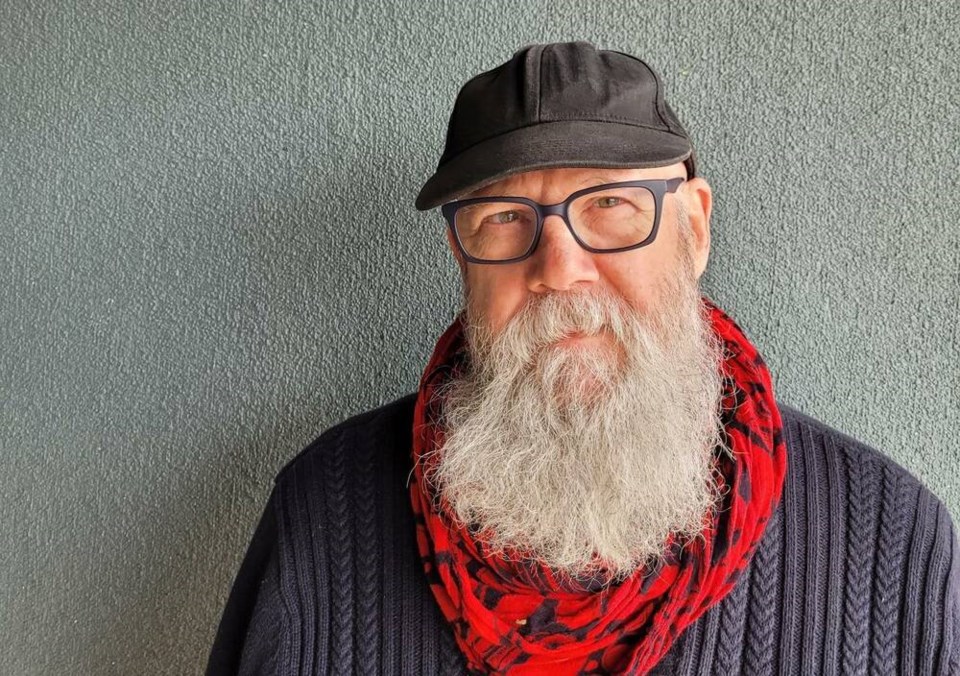A provincial court judge has rejected an argument that activists who blocked roads in Nanaimo had no choice but to break the law to raise awareness about the climate emergency.
Howard Breen and Melanie Murray were convicted of multiple mischief charges in relation to the protests two years ago.
Breen, the co-founder of Extinction Rebellion Vancouver Island, was also found guilty of breaching an undertaking by impeding traffic on a public roadway. Other charges were stayed, as they were considered duplicates.
Breen and Murray’s charges stem from protests around Nanaimo against the logging of old-growth forests in 2022.
Breen also faced charges for a protest on a Nanaimo log boom, an occupation at the Nanaimo airport and for an incident in which he super-glued himself to the doors of a Royal Bank of Canada branch in Nanaimo to protest the Coastal GasLink pipeline project in northern B.C.
In 2022, Breen spent 31 days on a hunger strike to pressure the provincial minister of forests into a public meeting with him on protecting B.C.’s old-growth forests.
Breen ended his strike after experiencing cognitive decline and losing nearly 40 pounds. The public meeting didn’t happen, but he did receive a phone call from the minister.
Breen and Murray’s lawyer argued a “defence of necessity” for the actions, and the case set a precedent in Canadian court history when the judge allowed expert witnesses to testify on the argument, said Vic Brice, press secretary for Extinction Rebellion Vancouver Island.
A climate scientist and a civil-disobedience expert were allowed to testify on the necessity of Breen and Murray’s protest actions.
But provincial court Judge Ronald Lamperson determined the case did not meet the criteria for a defence of necessity.
In a 1984 Supreme Court of Canada decision that hinged on a defence of necessity, then-chief justice Robert George Brian Dickson called it an excuse for actions that would otherwise be criminal, writing that the law does not necessarily require strict obedience in emergency situations.
“At the heart of this defence is the perceived injustice of punishing violations of the law in circumstances in which the person had no other viable or reasonable choice available; the act was wrong but it is excused because it was realistically unavoidable,” Dickson wrote in a ruling regarding a group of smugglers who intended to bring cannabis into the United States by offloading the product onto another boat in international waters near Alaska.
After serious mechanical problems and poor weather, the group took shelter on the coast of Vancouver Island for repairs. When the boat became grounded on a rock, they decided to come ashore with the cannabis. They were discovered by police the next day and charged with importing cannabis into Canada.
The group was acquitted and the Supreme Court of Canada dismissed an appeal of the acquittal.
Dickson wrote in the ruling that the defence of necessity had strict limitations. It was restricted to “justify non-compliance in urgent situations of clear and imminent peril when compliance with the law is demonstrably impossible.”
Lamperson had previously dismissed an argument by Breen and Murray that their rights to freedom of expression and of assembly were violated when they were arrested.
A sentencing date has not yet been set.
>>> To comment on this article, write a letter to the editor: [email protected]



